DIGITAfrica launches in Cape Town: Supporting and spearheading Digital Sciences and Research Infrastructure in Africa
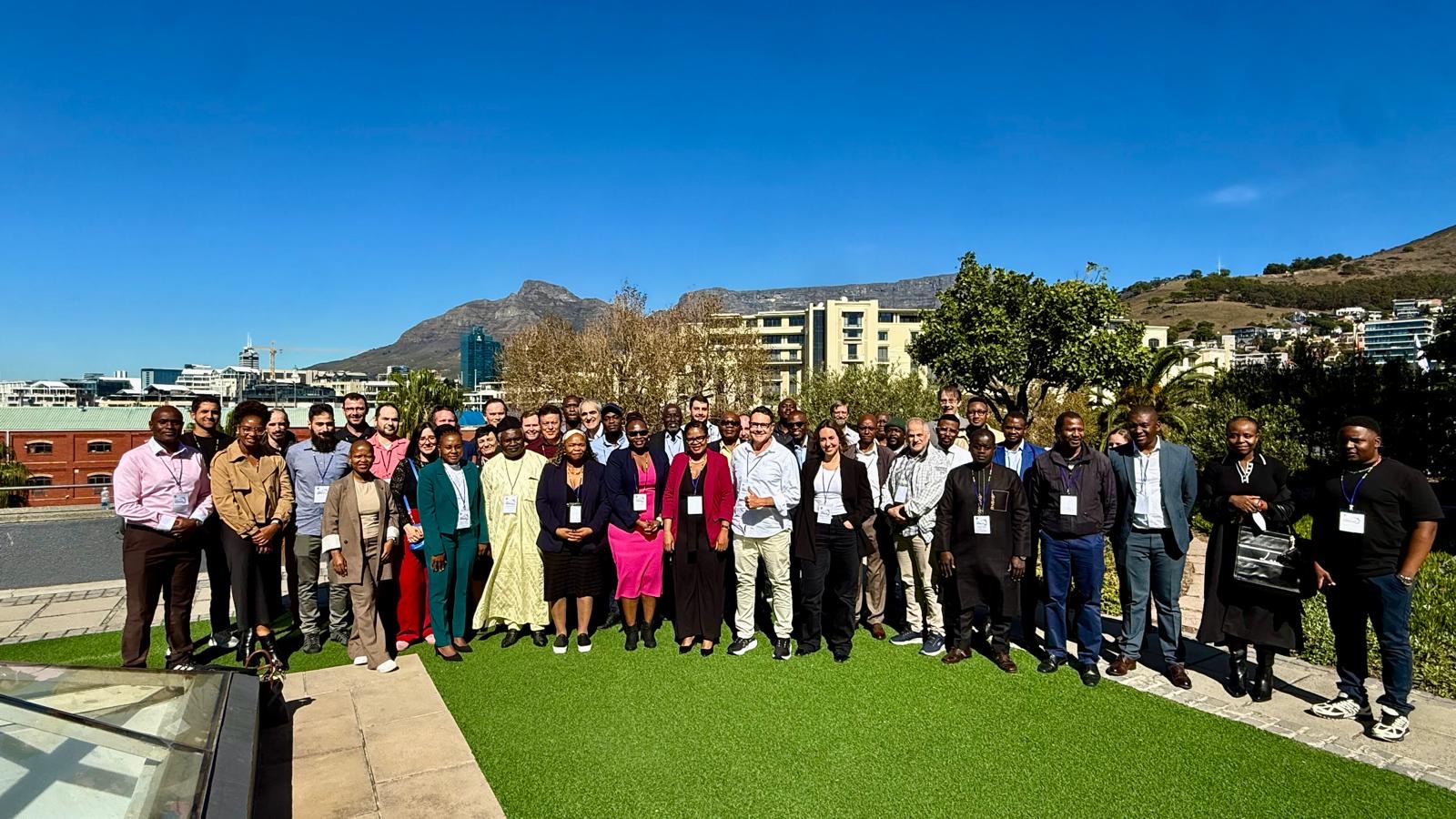
On 24–25 April 2025, the University of Cape Town (UCT) hosted the inaugural DIGITAfrica Workshop, bringing together over 60 participants—both onsite and online—for two days of collaborative dialogue, training, and technical demonstration. The event marked the official in-person launch of the DIGITAfrica project and was co-organized by UCT and Sorbonne University, with support from the SLICES-RI and SoBigData initiatives.
24 APRIL: RI Landscape and Pathways for collaboration and improvement
The first day was dedicated to strategic discussions on Africa’s research infrastructure (RI) landscape. After opening remarks from Prof. Serge Fdida (Sorbonne University) and Dr. Joyce Mwangama (UCT), the event opened through six sessions:
1. Research Agendas and Technical Frameworks:
Keynotes from African government and research leaders provided a critical overview of existing challenges and opportunities for RI development in the region.
2. Research Agendas and Technical Frameworks:
Experts from academia, government, and large-scale projects such as the Square Kilometre Array (SKA) explored synergies and regional cooperation models.
3. Identifying Common Research Priorities
A continental vision began to take shape, focusing on alignment across institutions to support collaboration and experimentation.
4. Capacity Building in Digital Sciences
This session introduced the concept of a future DIGITAfrica Academy, with contributions from the SLICES-RI and SoBigData Academies, alongside regional experts identifying local training gaps.
5. Economic Dimensions and Sustainability:
A panel of policy and industry leaders mapped out possible financial models, governance pathways, and socio-economic impacts of a pan-African RI.
6. Blueprints and Proof of Concept:
Technical leads presented open research blueprints developed within EU projects and discussed how they could be tailored to African needs.
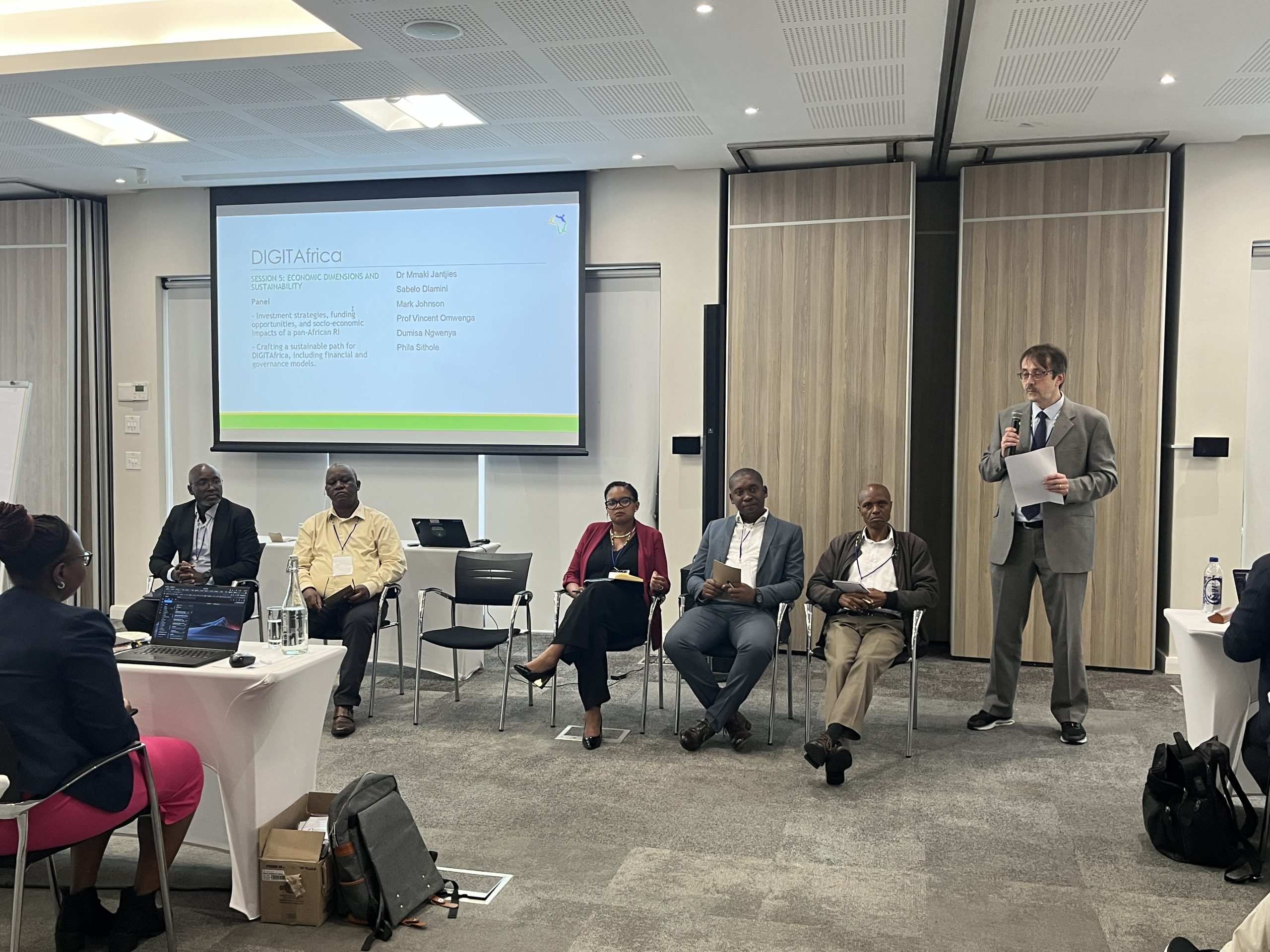
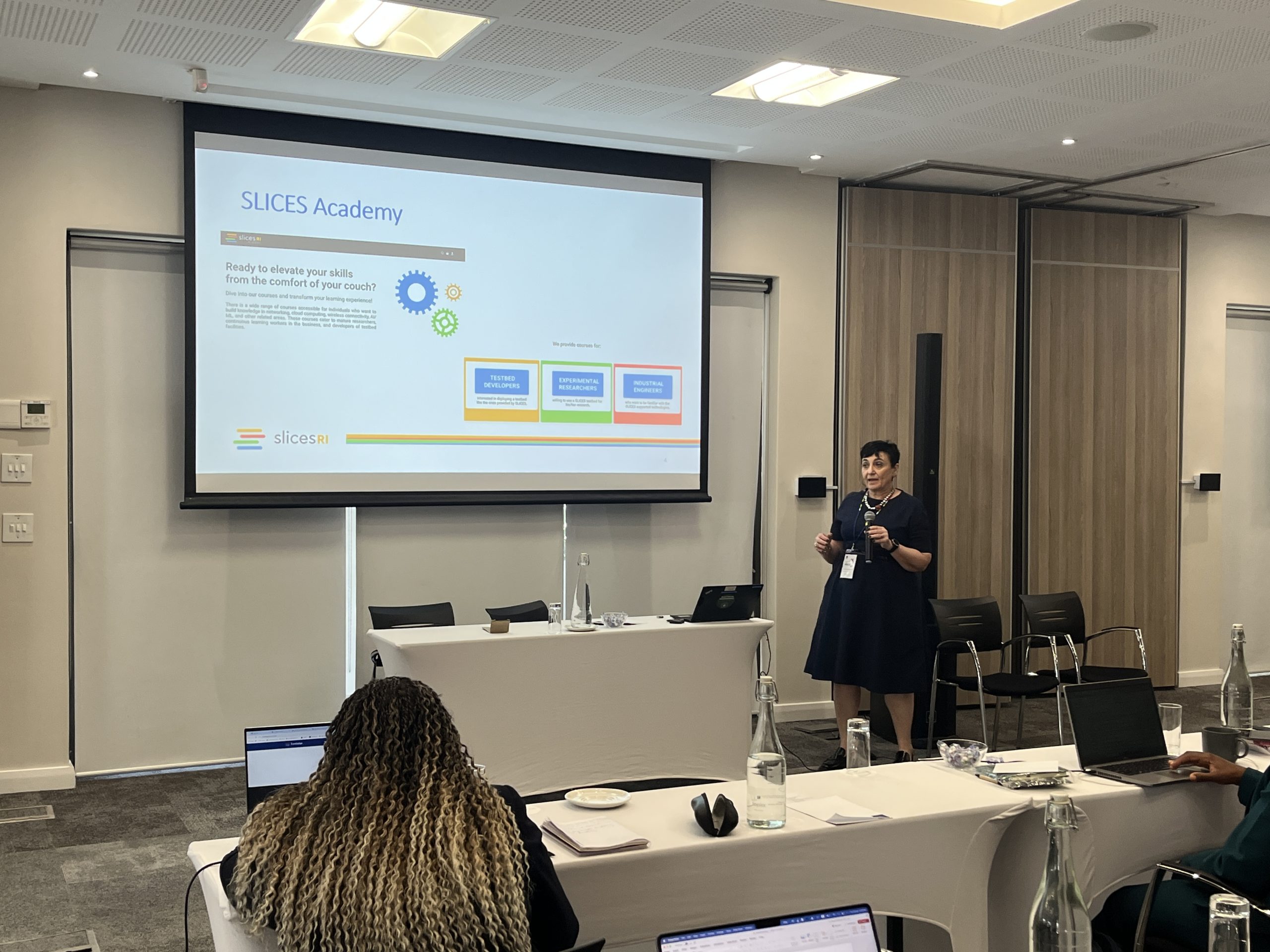
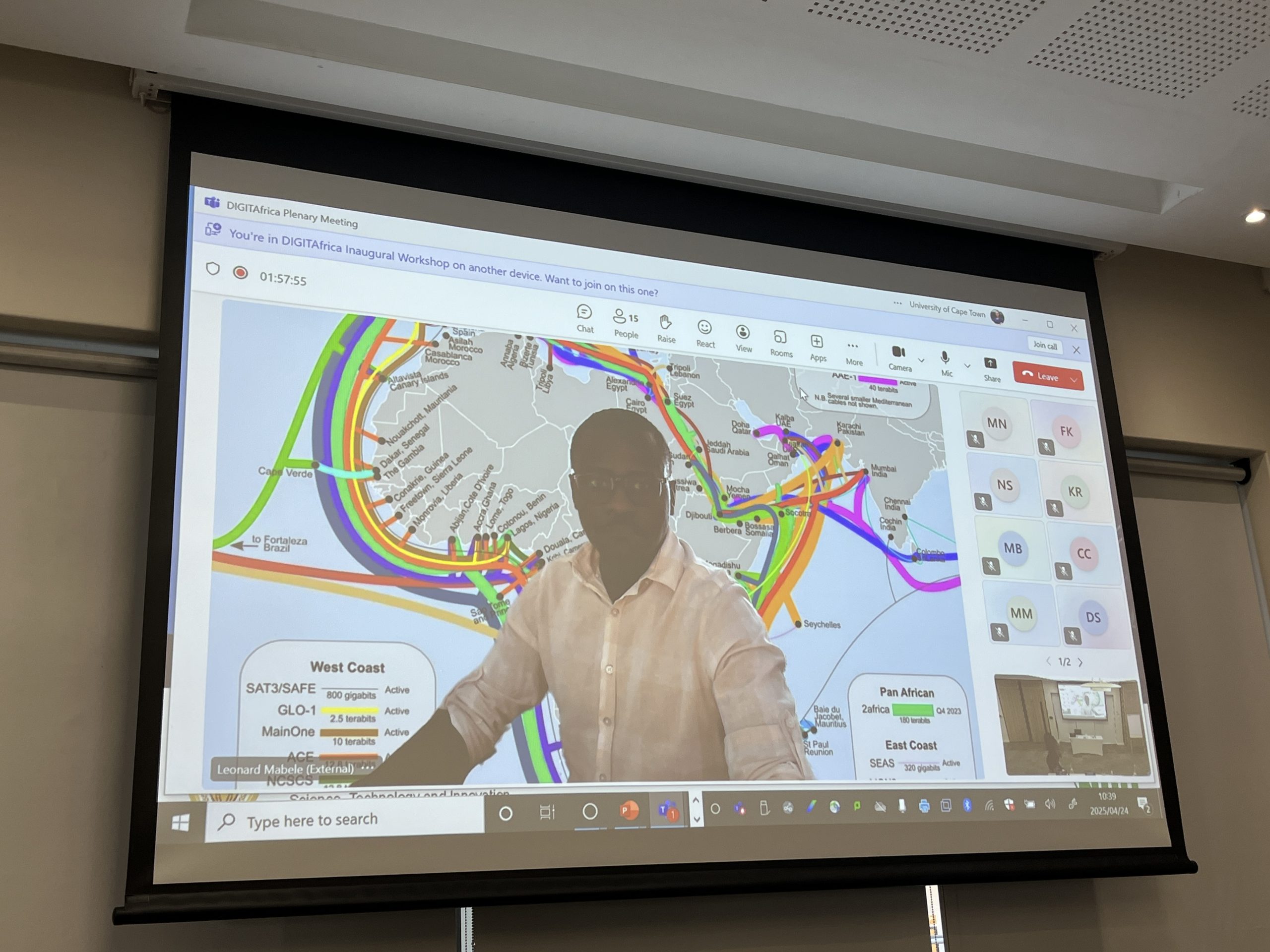
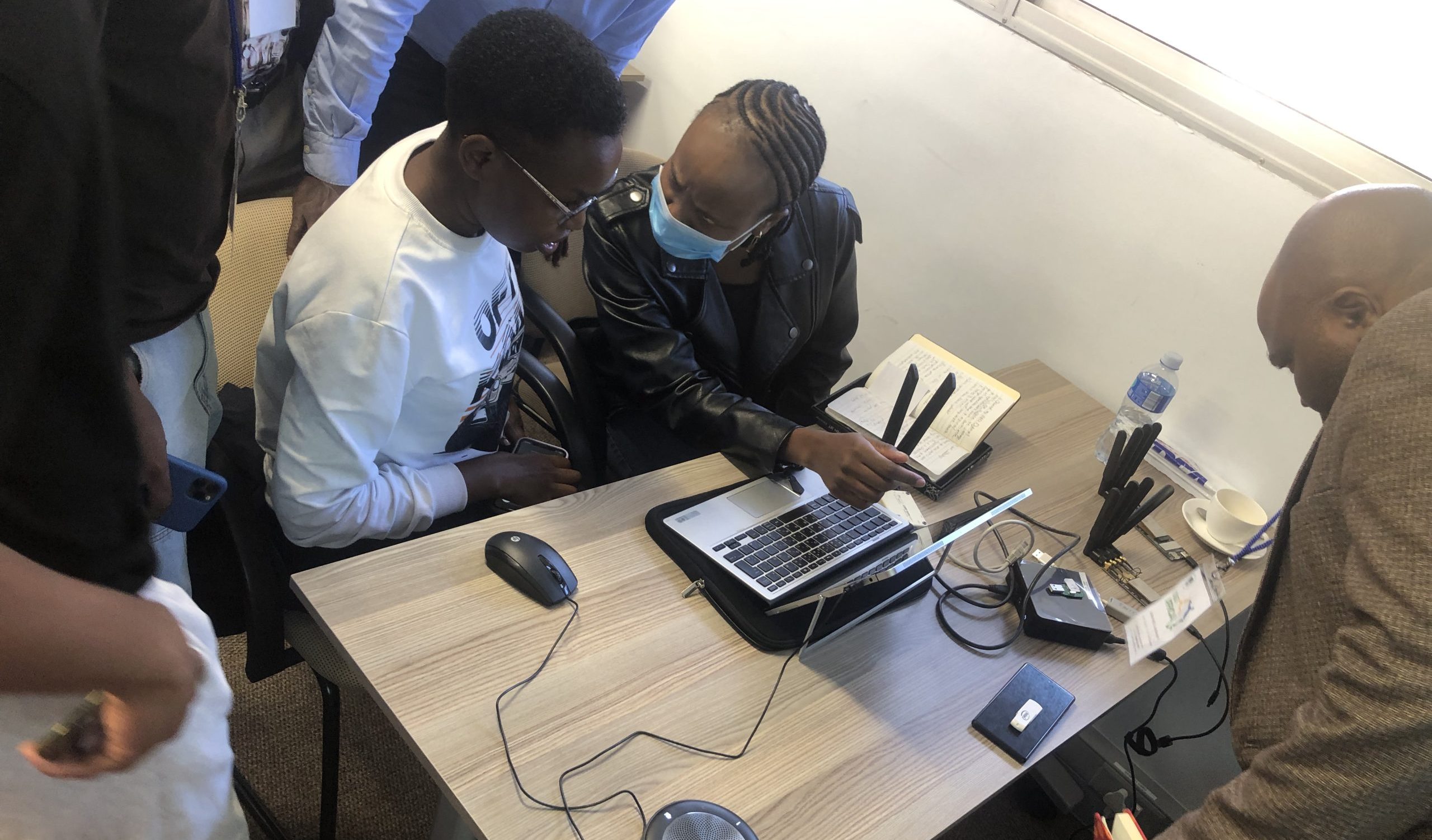
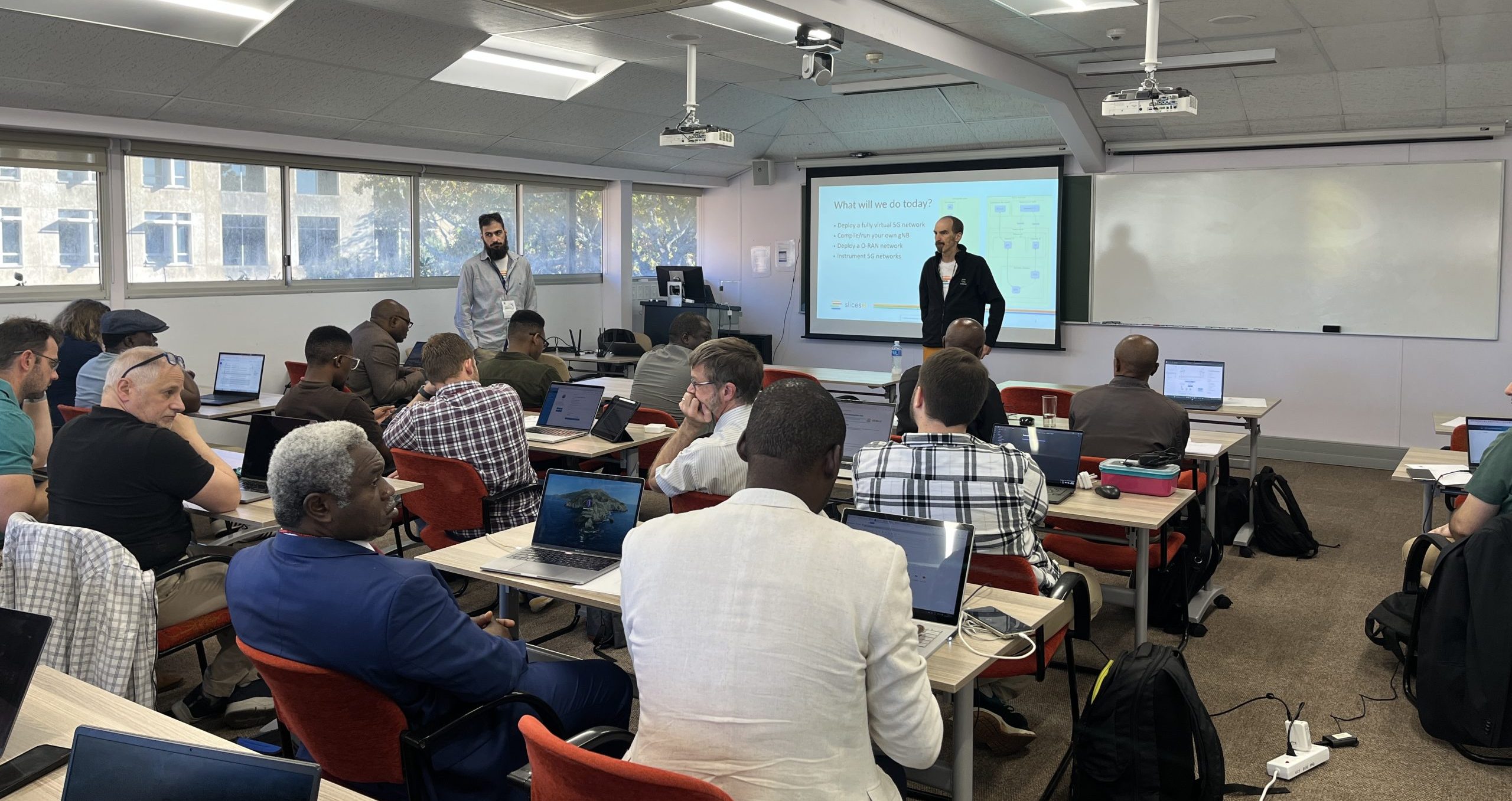
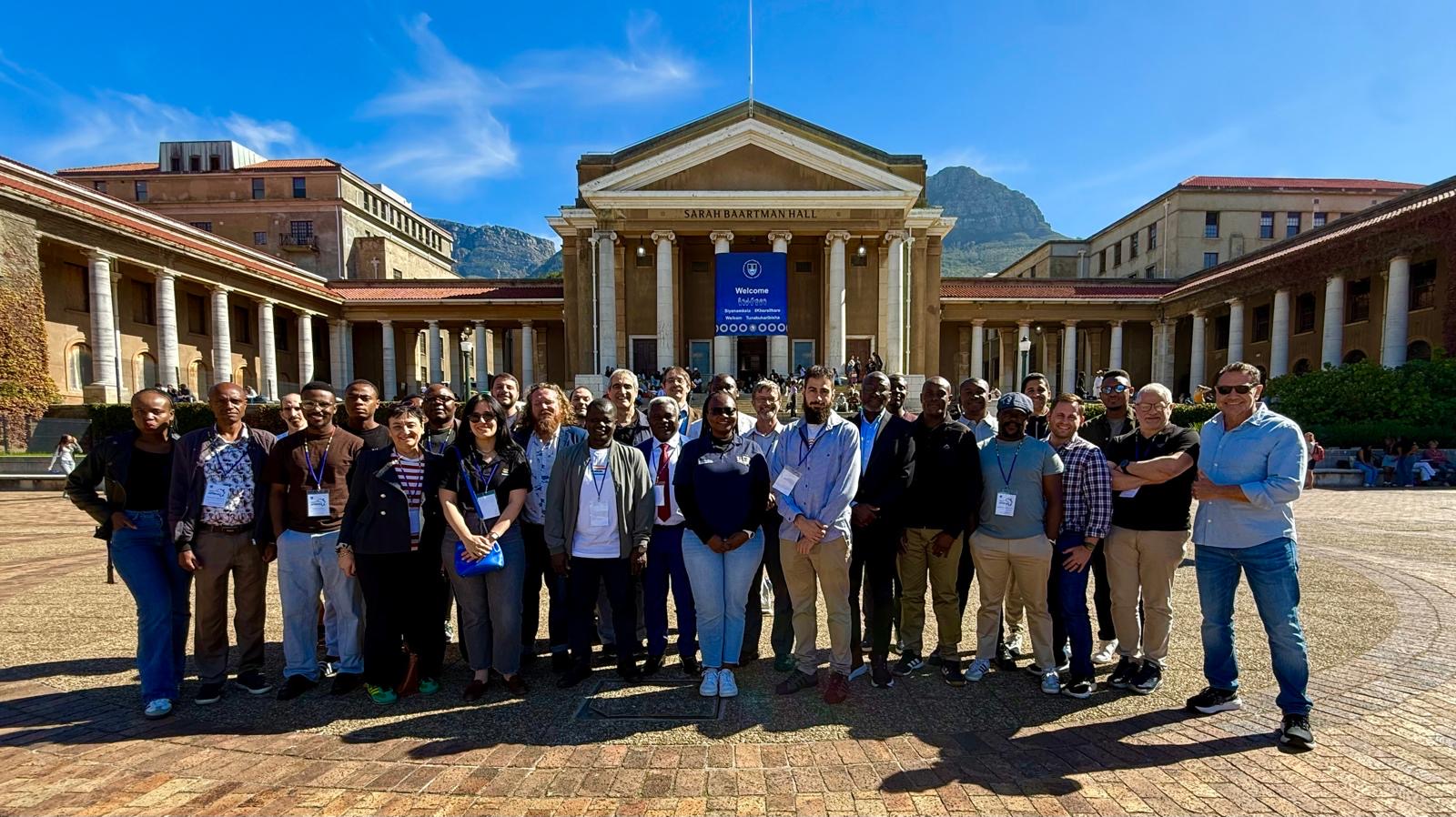
25 APRIL : Hands-one experimentation and exploring RI blueprints
The following day introduced participants to hands-on experimentation. Hosted on UCT’s campus, this practical session offered participants an immersive experience with tools and methodologies from SLICES-RI, focused on Post-5G experimentation.
Participants explored the full lifecycle of experimental research:
- Introduction to 5G concepts
- Best practices for reproducibility
- Deployment of cloud-native 5G core networks and 7.2-split radio access networks using open-source tools
- Real-time orchestration and automatic archiving of results using the SLICES metadata model
With reproducibility and collaboration at its core, this training highlighted how blueprints and research infrastructure can empower African institutions to run advanced digital experiments independently.
During the day, the partners of the project and the participants of the Hands-on Workshop had also the opportunity to visit the beautiful campus of the University of Cape Town.
